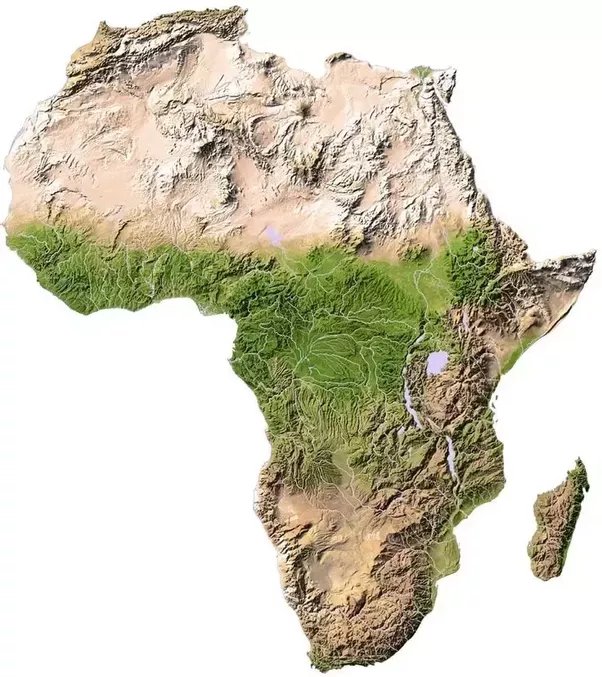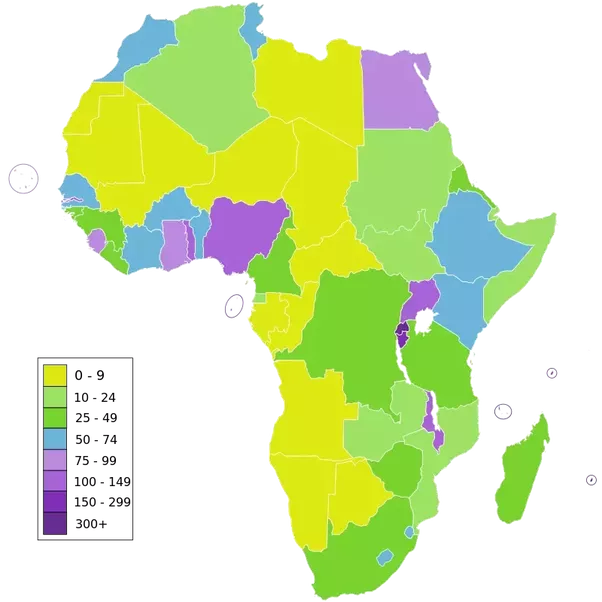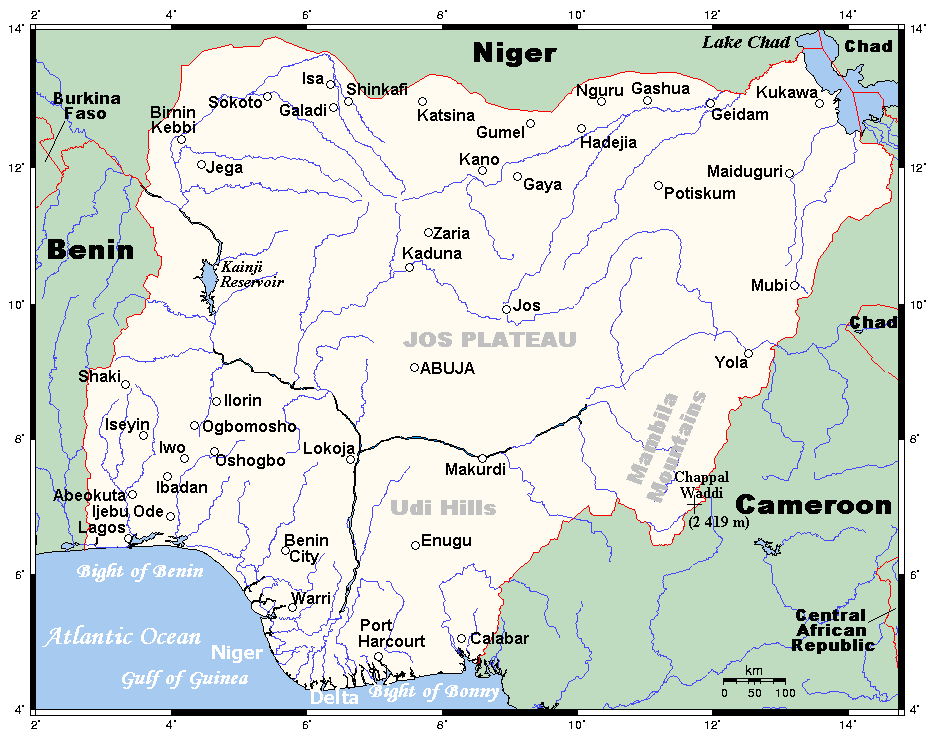Land of Many: Why Nigeria Became Africa’s Most Populous Nation

Story highlights
- Geography: A land that supports life
- Trade: A crossroads of commerce
- Water Resources: The Lifeblood of civilizations
If you’ve ever wondered why Nigeria stands out as one of the most populous and densely populated countries in Africa, the answer boils down to three key factors: Geography, Trade, and Water Resources. These elements have shaped Nigeria’s population growth for centuries, making it a hub of human activity and development.


Map of population density on the right and Map of Vegetation cover on the left
1. Geography: A Land That Supports Life
Nigeria’s diverse landscape provides an ideal environment for human settlement and food production. The country is home to three main types of vegetation:
- Forests – Areas with significant tree cover, providing resources like timber, fruit, and fertile soil.
- Savannahs – Open grasslands with scattered trees, perfect for agriculture and livestock.
- Montane Lands – High-altitude regions, mainly found near the Cameroon border, offering cooler climates and unique ecosystems.
This fertile environment attracted settlers and, once populations established themselves, they continued to grow due to favorable agricultural conditions. Additionally, Nigeria’s climate plays a major role in sustaining its large population.
- Southern Nigeria experiences a double rainfall pattern, meaning it has two peak rainy seasons—one from March to July and another from September to October. This consistent rainfall supports year-round farming.
- Northern Nigeria, on the other hand, has a shorter rainy season (June–September) followed by a long, dry season. While less ideal for crop farming, this climate is well-suited for livestock rearing, shaping the cultural and economic practices of the region.
With a steady food supply and a climate that supports both farming and livestock, Nigeria became a hotspot for settlement, leading to high birth rates and long-term population growth.
2. Trade: A Crossroads of Commerce
Historically, Nigeria was not just agriculturally rich—it was also a major trading hub. The presence of many kingdoms and ethnic groups in close proximity fostered extensive trade networks, both locally and across the African continent.
- Gold & Salt Trade – West Africa, including Nigeria, was rich in gold but lacked salt. This led to an extensive trade system where gold was exchanged for salt, a valuable commodity for preserving food.
- Trans-Saharan Trade – This ancient trade route connected West Africa to North Africa and beyond, bringing in goods, ideas, and even new settlers.
- Local Commerce – Within Nigeria, people traded leather, horses, kola nuts, ivory, cloth, and even slaves. This economic activity led to the expansion of towns and cities, which in turn supported higher population densities.
Trade not only brought prosperity but also encouraged migration, leading to even more people settling in the region over time.
Read Also: Cultivating Passion: A Guide to Finding and Creating What You Love

3. Water Resources: The Lifeblood of Civilization
Civilizations thrive around water, and Nigeria is no exception. The country’s numerous rivers and deltas have played a crucial role in supporting human settlement and agriculture.
- The Niger River and Benue River form a natural highway for transportation, trade, and irrigation, making the surrounding areas highly fertile and attractive for settlement.
- The Niger Delta, one of the most significant wetland regions in Africa, has historically supported fishing, farming, and trade.
If you look at Nigeria’s population distribution, you’ll notice that the highest densities are near water sources. This trend is not unique to Nigeria but is common among many high-density regions across Africa.
Nigeria’s large and dense population isn’t a coincidence—it’s the result of geography, trade, and water resources working together over centuries. The land’s fertility, the bustling trade networks, and the abundance of rivers made it an ideal place for human settlement and growth. These factors continue to shape Nigeria today, keeping it a powerhouse of culture, commerce, and population within Africa.
Read More: Diaspora Lens




